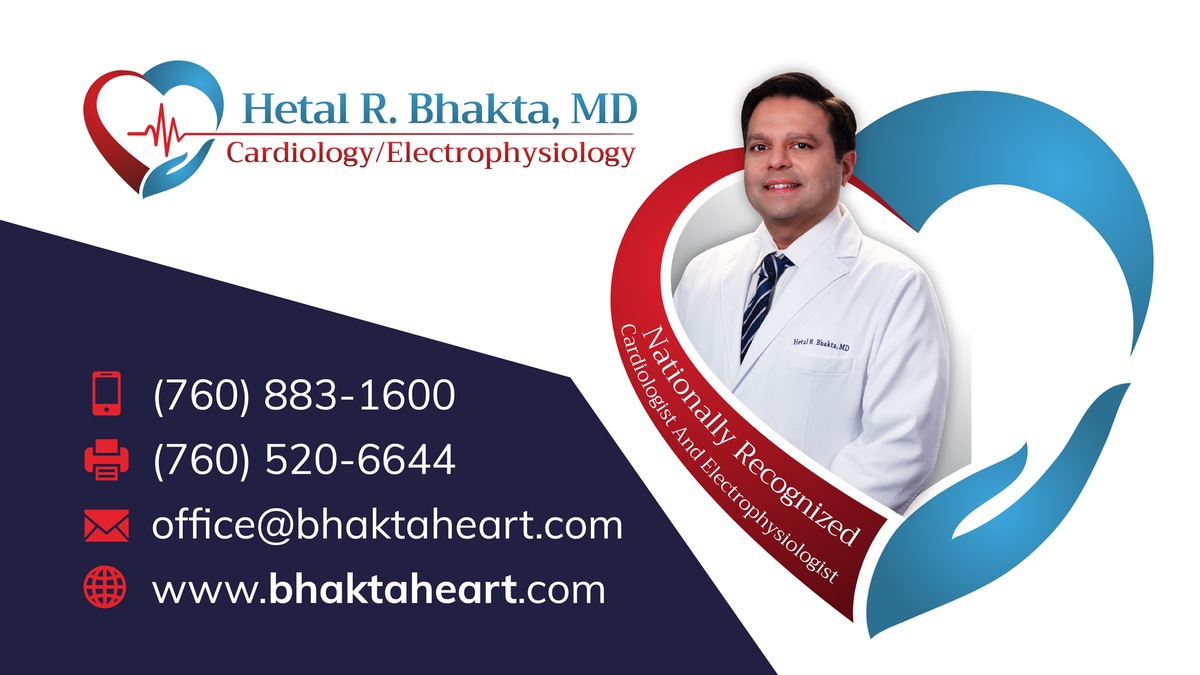A cholesterol test is a simple blood test that measures the amount of cholesterol and other fatty substances (triglycerides) in your blood. Cholesterol and other fats can build up in your time this buildup can form plaque, which can narrow and harden the arteries. Plaque in a blood vessel causes atherosclerosis, which can slow blood flow through the vessel. Over time this plaque can clog arteries:
So cholesterol test results are important in revealing if you are at risk for these health problems. The test looks at overall cholesterol levels as well as triglyceride levels. It also looks at two specific types of cholesterol:
Cholesterol is measured in milligrams per deciliter of blood, or mg/dl. The goal for each level is as follows:
However, only your doctor can tell you what level of cholesterol is high for you. Your doctor considers your other risk factors when making that decision. For example, if you have no family history of heart disease, an LDL level of 160 mg/dl may be high. For someone with a strong family history of heart disease, an LDL level of 130 mg/dl or lower may be high.
When you have a cholesterol test, you are usually told to fast (no food or beverages, except water) for 12 hours before your blood is drawn. The technician inserts a needle into your arm, usually at the bend inside your elbow. A sample of your blood flows into a small tube, which goes to the lab to be studied.

Our knowledgeable and courteous staff will help set up a consultation for you, schedule surgical procedures, discuss your insurance, and answer any questions you may have.


